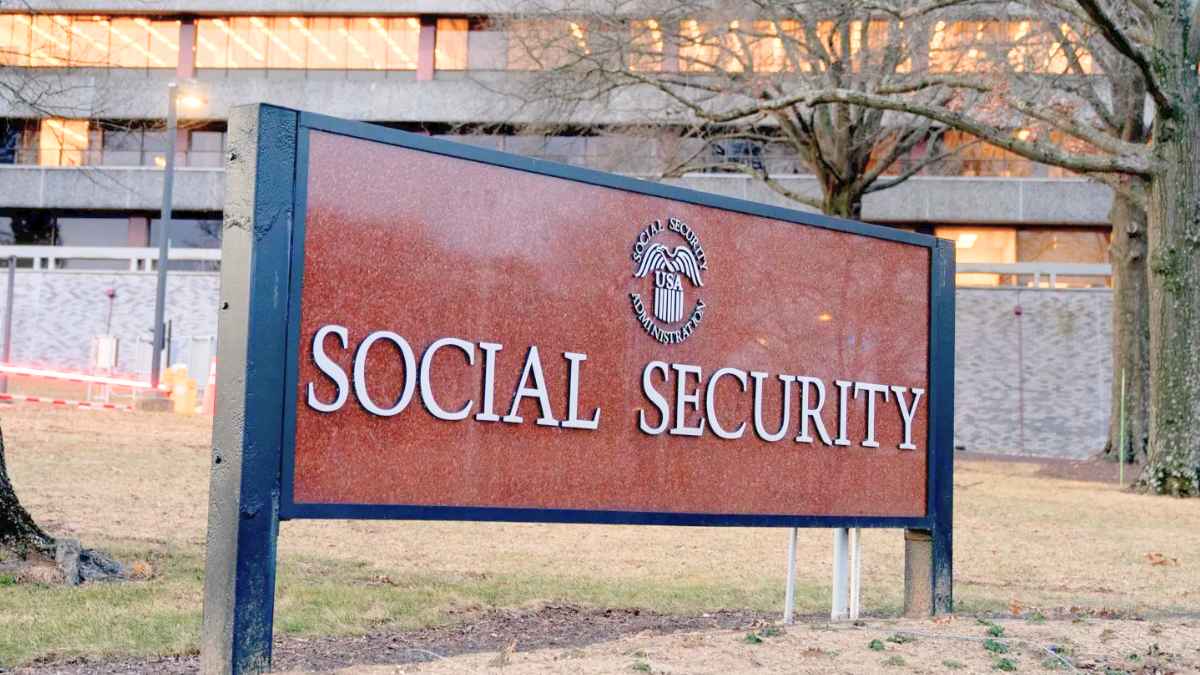An exodus of top software experts at the Social Security Administration has raised concerns about possible payment interruptions. Many recipients wonder what this could mean for their monthly benefits and whether the situation will be resolved in time.
A Baltimore-based staffer recently revealed that nearly a quarter of his payment systems team is gone or set to leave soon. He attributes this wave of resignations and retirements to higher-paying opportunities in the private sector and President Donald Trump’s plan to reduce the federal workforce. Now, key individuals who fix glitches and update software are no longer on board, triggering fears that benefits might be delayed for months.
Why many skilled software professionals are urgently exiting the Social Security Administration workforce
According to reports, software specialists are finding better compensation outside government service. The administration’s downsizing, including voluntary separation offers, has contributed to this talent drain. Without adequate staffing, critical modernization initiatives for payment systems may lag behind schedule.
That’s worrisome news for seniors, disabled individuals, and survivors who rely on these monthly checks for everyday expenses. Need a quick fact? The Social Security Administration currently serves more than 70 million beneficiaries, many of whom depend almost entirely on these funds.
How President Donald Trump’s federal workforce plan could interrupt monthly benefit payments
The Trump administration aims to streamline agencies like the Social Security Administration by reducing positions and migrating outdated software. While these updates are meant to enhance efficiency in the long run, some insiders warn of immediate risks. One staffer told the media that any glitches in the new systems might take longer to fix if crucial experts have already left.
“People could be out of benefits for months,” he said, emphasizing how slow case-by-case resolutions can be without the right personnel. Can you be penalized if your check is delayed? The answer is no—delays themselves do not incur fines, but they can create personal financial challenges. Below is a brief table highlighting potential issues and consequences:
| Potential Issue | Likely Consequence |
|---|---|
| System malfunction due to outdated code | Delayed or missed benefit payments |
| Insufficient experts for glitch resolution | Extended wait times for problem fixes |
| Ongoing workforce cuts and retirements | Reduced capacity to handle new updates |
It is also worth mentioning that nearly half a million people still receive paper checks. The shift toward direct deposit or debit cards could cause confusion for those uncomfortable with electronic banking, especially when hotlines are swamped with inquiries.
Anyone worried about potential delays should stay informed through official Social Security channels, including their website and helpline. Experts recommend having a backup plan for essential bills or medical expenses in case payments arrive late. It may also help to contact local advocacy groups for additional support if you experience lengthy waiting times.
With top staffers departing and major software overhauls on the horizon, recipients should pay close attention to any official announcements. Although President Trump insists benefits will remain intact, the current exodus of key personnel raises legitimate concerns about payment continuity. Staying proactive, exploring direct deposit options, and watching for updates from the agency can help ease anxieties in the coming months.

